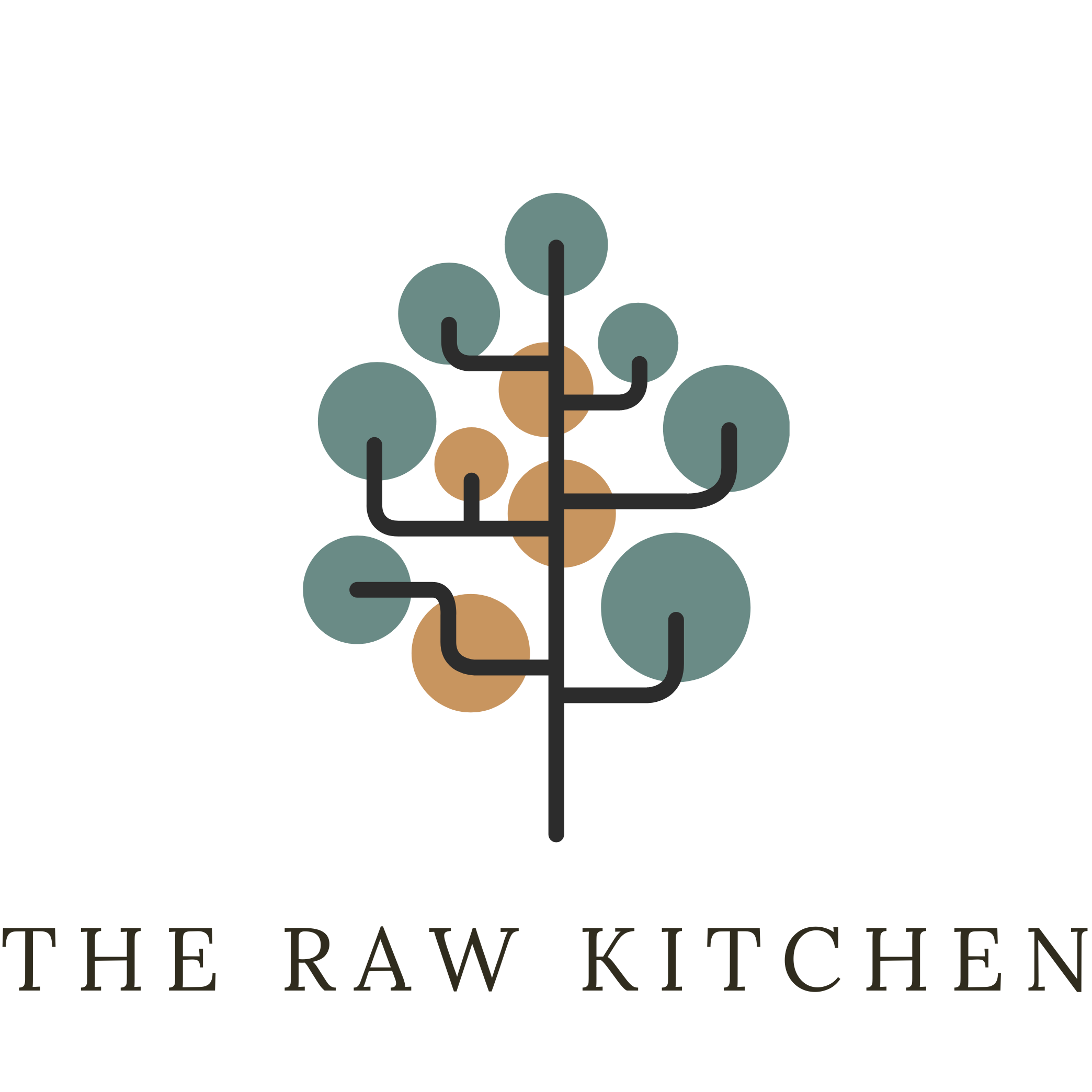
Is chronic inflammation keeping you sick?
Inflammation is the body’s natural response to injury or infection, aiming to heal and protect us. However, when inflammation becomes chronic, it can turn from a protective mechanism into a silent enemy, contributing to a host of serious health issues such as heart disease, diabetes, arthritis, and even cancer. Understanding how to combat chronic inflammation naturally is key to maintaining long-term health.
What is Chronic Inflammation?
Chronic inflammation occurs when the body’s inflammatory response persists over time, often due to factors such as poor diet, stress, lack of exercise, or exposure to toxins. Unlike acute inflammation, which is short-lived and helps the body heal, chronic inflammation can silently damage tissues and organs, leading to various diseases.
Causes of Chronic Inflammation
- Diet: A diet high in processed foods, sugar, and unhealthy fats can trigger and sustain inflammation. Foods like refined carbohydrates, sugary drinks, and fried foods are common culprits.
- Stress: Chronic stress increases cortisol levels, a hormone that can promote inflammation when persistently elevated.
- Lack of Exercise: Physical inactivity can contribute to weight gain, which in turn increases the risk of inflammation.
- Environmental Toxins: Exposure to pollutants, chemicals, and heavy metals can contribute to chronic inflammation.
How to Combat Inflammation Naturally
Adopt an Anti-Inflammatory Diet
The foods you eat play a significant role in either fueling or fighting inflammation. An anti-inflammatory diet focuses on whole, unprocessed foods that are rich in nutrients and antioxidants.
- Fruits and Vegetables: Aim to fill your plate with a variety of colorful fruits and vegetables, rich in antioxidants that help combat oxidative stress. Berries, leafy greens, and cruciferous vegetables like broccoli and Brussels sprouts are particularly effective.
- Healthy Fats: Include sources of omega-3 fatty acids, such as fatty fish (salmon, mackerel), flaxseeds, and walnuts. These fats help reduce inflammation and support heart health.
- Whole Grains: Opt for whole grains like oats, quinoa, and brown rice, which are high in fibre and can help reduce inflammatory markers in the body.
- Herbs and Spices: Incorporate anti-inflammatory herbs and spices like turmeric, ginger, and garlic into your meals. Turmeric, in particular, contains curcumin, a powerful compound known for its anti-inflammatory properties.
Manage Stress
Chronic stress is a significant contributor to inflammation. Incorporating stress management techniques into your daily routine can help keep inflammation in check.
- Mindfulness and Meditation: Practices like mindfulness meditation, deep breathing exercises, and yoga can help reduce stress levels and promote relaxation.
- Physical Activity: Regular exercise helps lower inflammation by reducing stress, improving circulation, and promoting a healthy weight. Aim for at least 30 minutes of moderate exercise most days of the week.
Prioritise Sleep
Quality sleep is crucial for maintaining a healthy inflammatory response. Poor sleep can increase inflammatory markers in the body, making it essential to prioritise rest.
- Sleep Hygiene: Maintain a consistent sleep schedule, create a relaxing bedtime routine, and ensure your sleep environment is conducive to rest (cool, dark, and quiet).
Stay Hydrated
Proper hydration supports the body’s ability to flush out toxins and reduce inflammation.
- Water: Aim to drink at least 8-10 glasses of water daily. Herbal teas and water-rich foods like cucumbers and watermelon can also contribute to your hydration needs.
Avoid Toxins
Reducing exposure to environmental toxins can help lower inflammation levels in the body.
- Clean Living: Choose natural, non-toxic cleaning and personal care products. Reduce exposure to air pollutants by using air purifiers and spending time outdoors in clean environments.
Chronic inflammation is a silent enemy that can have serious consequences for your health. It’s not easy making all the recommended changes above instantly, but by incorporating even one or two small improvements into your daily routine, you can go a long way in reducing inflammation in your body, leading to a healthier, more vibrant life.



Leave a comment
This site is protected by hCaptcha and the hCaptcha Privacy Policy and Terms of Service apply.